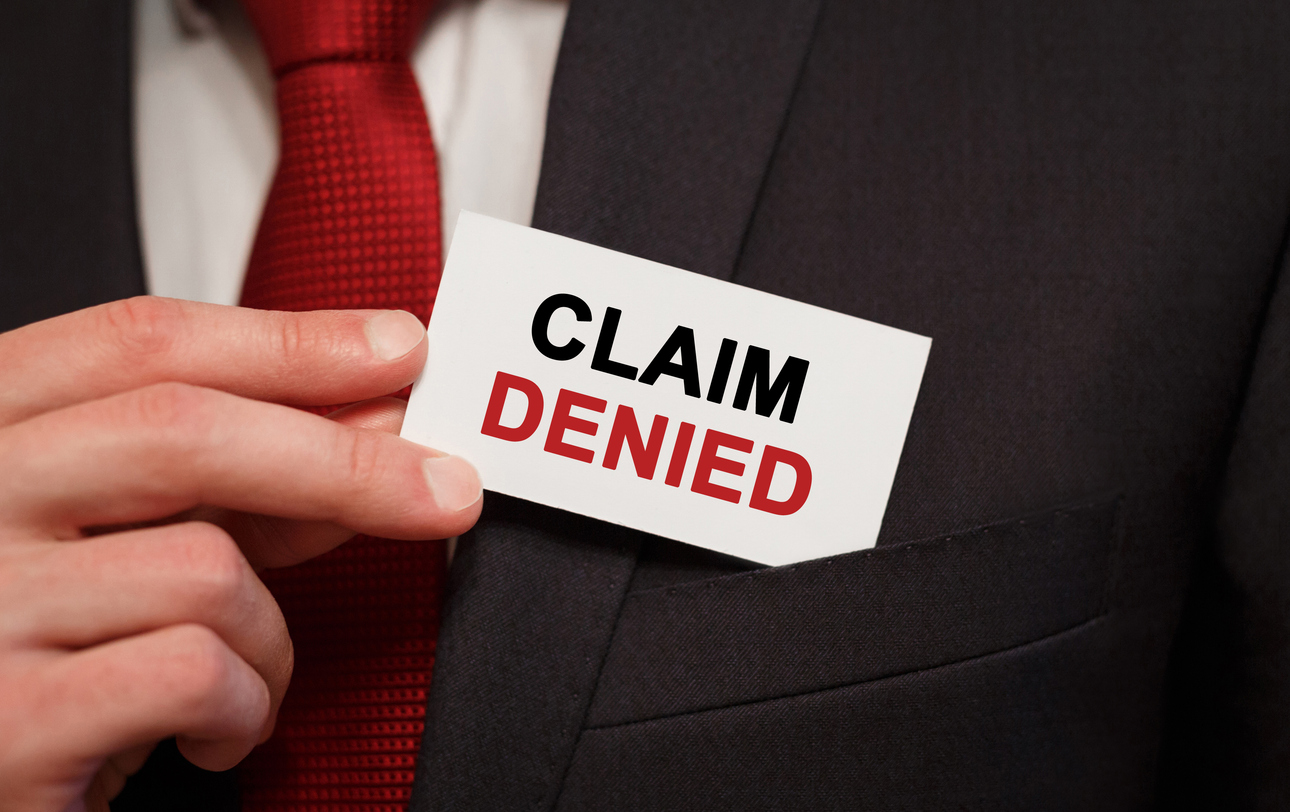Filing a home insurance claim can be a daunting process, especially if your claim is denied when you need it most. A denied home insurance claim can result from various mistakes that homeowners may unintentionally make. To help you avoid this, we’ve compiled a list of seven common errors that lead to a home insurance claim being denied. Knowing these mistakes can ensure you avoid them, so your claim is processed smoothly.
1. Failing to Provide Accurate Information
One of the most frequent reasons for a home insurance claim being denied is submitting inaccurate or incomplete information. Insurance companies rely on the accuracy of your claim, and any discrepancies—whether intentional or accidental—could raise red flags.
For example, if you file a claim for roof damage but fail to mention previous damage or repairs, the insurance company may investigate and ultimately deny your claim. Always ensure you’re providing detailed, accurate information about the damage and circumstances surrounding the incident.
What to do if your home insurance denies your claim: If your claim is denied due to inaccurate information, you can appeal the decision by providing the correct details and, if necessary, obtaining professional help to reassess the damage.
2. Missing Filing Deadlines
Home insurance policies usually come with specific deadlines for reporting damage and filing claims. Missing these deadlines can cause your home insurance claim to be denied. The deadlines vary from policy to policy, so it’s essential to familiarize yourself with your insurer’s requirements.
Insurance companies impose these deadlines to prevent fraud and ensure claims are reported in a timely manner. To avoid missing a deadline, report damage immediately after it occurs, even if you’re unsure about the extent of the loss.
Does a denied home insurance claim count against you? In some cases, even a denied claim can affect your insurance record and future premiums. Always ensure you file claims within the prescribed timeline to avoid unnecessary denials.
3. Lack of Documentation
Proper documentation is key when filing a home insurance claim. If you don’t provide enough evidence of the damage or fail to back up your claims with supporting documents, the insurance company may refuse to pay.
For instance, if you’re claiming water damage, make sure to provide photos, videos, repair estimates, and a detailed description of how the damage occurred. Lack of documentation is one of the primary reasons claims are rejected.
Pro Tip: Hire professionals like a General Contractor to assess and document the damage thoroughly. Their expertise can help provide the necessary proof for your claim.
4. Not Understanding Your Policy Exclusions
Another common mistake homeowners make is not fully understanding the exclusions outlined in their policy. Insurance policies do not cover everything, and there may be exclusions for specific types of damage, like flooding or mold.
For example, if your home is damaged due to flooding but your policy excludes flood coverage, your home insurance claim will be denied. Before filing a claim, review your policy’s terms and conditions carefully to ensure that the damage is covered.
Actionable Tip: If you’re unsure, consult with your insurance agent or a claims expert to clarify what is and isn’t covered by your policy. This will save you time and avoid frustration when submitting a claim.
5. Delaying Necessary Repairs
After suffering damage, some homeowners delay making temporary repairs or neglect addressing immediate concerns, such as leaks. Failing to take prompt action to prevent further damage can lead to a denied claim, as insurance companies expect homeowners to mitigate losses.
For example, if your roof is damaged in a storm, make sure to place a tarp over the affected area while waiting for permanent repairs. This shows the insurer you’re taking reasonable steps to prevent additional damage.
What to do if home insurance denies your claim: If your claim was denied for failing to mitigate damage, appeal the decision by demonstrating the steps you took to address the issue quickly and minimize further loss.
6. Not Keeping a Home Inventory
A home inventory is a detailed list of your belongings, including photos, descriptions, and approximate values. This inventory becomes especially important if you’re filing a claim after a significant event like a fire or theft.
Failing to keep a home inventory can make it difficult for your insurer to verify the value of your possessions, leading to a claim denial. Make a habit of updating your inventory annually and after purchasing valuable items.
Pro Tip: Use a digital tool or app to keep your home inventory organized and easily accessible. This will streamline the process of providing documentation in case of a claim.
7. Not Hiring Professional Help When Needed
Sometimes, homeowners attempt to navigate the claims process on their own, only to realize later that they needed professional assistance. Hiring a public adjuster or working with a reputable contractor to assess the damage can significantly increase your chances of a successful claim.
Insurance companies may deny claims if they believe the damage was not properly assessed or repaired by a qualified professional. Having experts like General Contractors on your side ensures the damage is properly evaluated and documented.
Call to Action: If you’re unsure how to proceed with your claim, Get Referrals for Property Damage to connect with trusted professionals who can help you navigate the process.
Conclusion
Mistakes during the claims process can lead to unnecessary stress, delayed payments, or even denial of your home insurance claim. By avoiding these common pitfalls—such as providing inaccurate information, missing deadlines, or neglecting proper documentation—you can greatly increase your chances of getting the compensation you deserve.
If your home insurance claim is denied, don’t panic. There are steps you can take to appeal the decision, including gathering more documentation, addressing any oversights, and working with professionals like contractors and public adjusters.
Take action early, document everything, and always consult your insurance policy to understand what’s covered. With the right approach, you can avoid these mistakes and ensure your claim is handled effectively.

